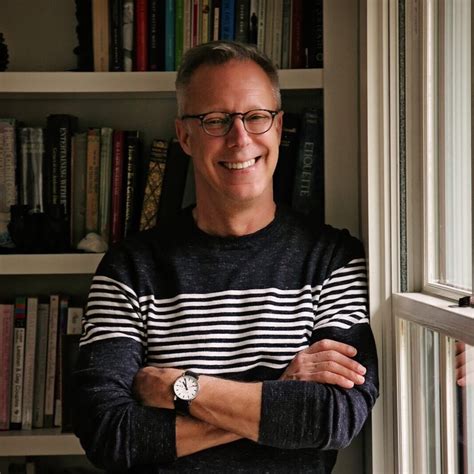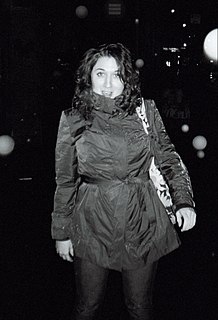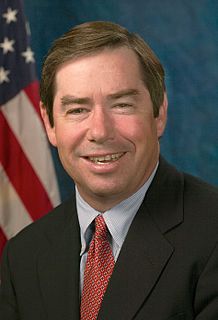A Quote by Steven Petrow
Okay, so here's my question: When did civility become incompatible with protest? Why do some people consider civility an antonym - anathema, even - to political action and dissent? Because, and I'm raising my voice, it's not. Have we forgotten how Mahatma Gandhi used nonviolent civil disobedience to free India from British rule and inspire civil rights movements worldwide?
Quote Topics
Action
Anathema
Because
Become
British
British Rule
Civil
Civil Disobedience
Civil Rights
Civil Rights Movement
Civility
Consider
Did
Disobedience
Dissent
Even
Forgotten
Free
Gandhi
How
Incompatible
India
Inspire
Movements
Nonviolent
Okay
People
Political
Political Action
Protest
Question
Raising
Rights
Rights Movement
Rule
Some
Some People
Used
Voice
Why
Worldwide
Related Quotes
John Stuart Mill, in his wonderful 1859 book On Liberty, talks about civility. And this is why you should always be concerned about calls for civility. He points out that civility ends up getting defined by the people who are in charge. And you'll notice that when people argue for civility, they tend to actually believe that whatever they say is civil. And if they're angry about it, it's righteous rage. But if you say it and it's kind of sharp or mean, then it's incivil. ... And sometimes, disagreement-to be productive-can't be all that civil.
I think the big turning moment was when I joined the student political action club and started studying nonviolent civil disobedience in response to the Iraq War. The first anti-Bush protest in Atlanta was the first protest that I'd ever been to, and I helped organize the school walkout when I was a junior. It was a really solidifying moment.
The state says: "Well, in order for it to be legitimate civil disobedience, you have to follow these rules." They put us in "free-speech zones"; they say you can only do it at this time, and in this way, and you can't interrupt the functioning of the government. They limit the impact that civil disobedience can achieve. We have to remember that civil disobedience must be disobedience if it's to be effective.
I see a lot of individual action when it comes to environmental questions really as a form of politics as a way of communicating with political leaders, much in the same way that acts of civil disobedience during the civil rights' movement were really acts of political communication, trying to get laws changed rather than based on the thought that the individual action would really change the practices of segregation.
My links with [Mahatma] Gandhi now are very political links because I do not believe there is any other politics available to us in the late twentieth century, a period of a totalitarianism linked with the market. There is really no other way you can do politics and create freedom for people without the kinds of instruments he revived. Civil disobedience is a way to create permanent democracy, perennial democracy, a direct democracy.
Thinking of this University [Ambedkar University] today, we are reminded of Mahatma Gandhi because if there was anyone who fought for the weak in India, the first one to raise his voice for Scheduled Castes, that was Gandhiji. There were social workers before him but not any people who raised this matter in the political arena as he did.
































